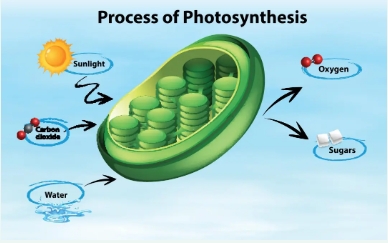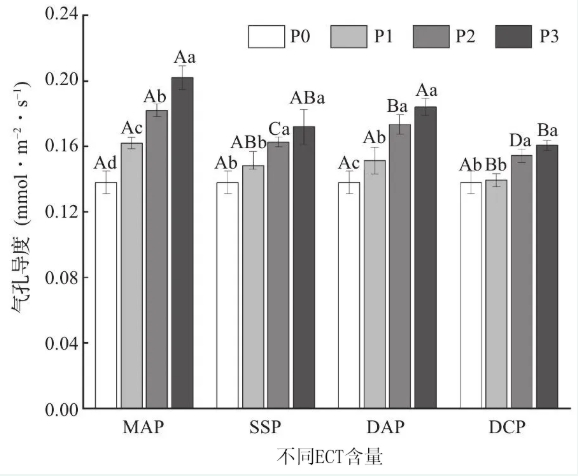In nature, plants convert sunlight into energy through photosynthesis, a process that not only supports their own growth and development, but also provides an essential energy source for other life on Earth. However, under extreme weather, soil salinization and other adverse conditions, the photosynthetic efficiency of plants will decrease significantly, which will affect the yield and quality of crops. In recent years, a new biological agent called Ect-S has been found to be able to effectively improve the efficiency of photosynthesis in plants under stress.
Mechanism of action of Ect-S
Ect-S is a kind of bioactive substance obtained by natural biological fermentation technology, which can directly act on plant cells and enhance plant photosynthesis through various ways. First, Ect-S can stabilize the membrane structure of chloroplasts and protect key photosynthetic proteins in chloroplasts from adverse conditions (such as high temperature, drought). These photosynthetic proteins are essential for light energy conversion, and their stability helps maintain efficient photosynthesis.

Secondly, Ect-S also has the function of regulating cell osmotic pressure. Under stress conditions, the osmotic pressure within plant cells changes, causing stomata closure and affecting the absorption of carbon dioxide. Ect-S promotes the normal opening and closing of stomata by maintaining the osmotic balance inside and outside cells, thus improving the efficiency of carbon dioxide absorption. It is of great significance to increase the photosynthesis rate of plants.
The application prospect of Ect-S
Ect-S shows great application potential in agricultural production because of its unique biological activity and environmental protection characteristics. It is suitable for all types of crops, including food crops (such as rice and wheat), vegetables, fruit trees and flowers. The crops treated with Ect-S can not only maintain high photosynthetic efficiency under stress conditions, but also improve crop stress resistance and yield.

Since Ect-S is derived from natural biological fermentation, its production process is environmentally friendly, does not pollute the soil, and does not affect the balance of the ecosystem. This makes Ect-S an important tool in sustainable agricultural practices, helping to reduce the use of chemical fertilizers and pesticides and promoting green agriculture.
In conclusion, Ect-S, as a new bioactive substance, can effectively enhance the photosynthetic efficiency of plants under stress conditions by protecting the chloroplast structure and promoting the normal function of stomata. It not only provides a new solution for improving crop yield, but also contributes to the realization of sustainable agricultural development.